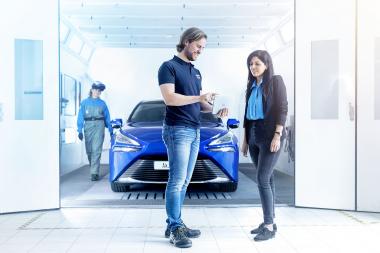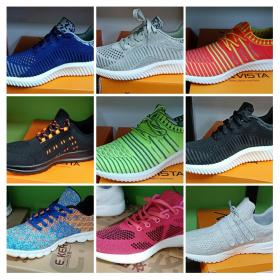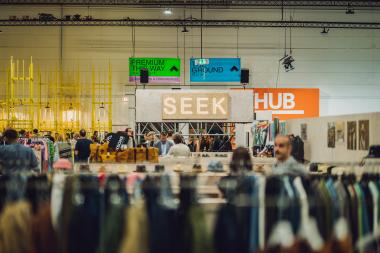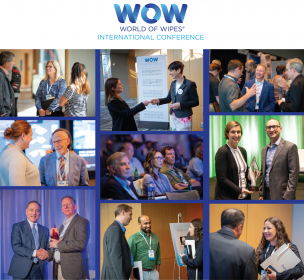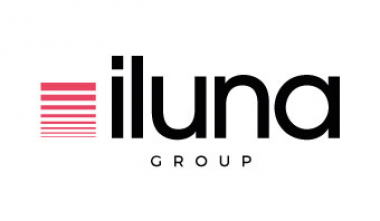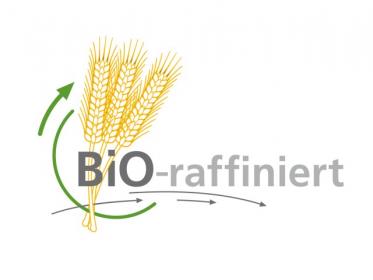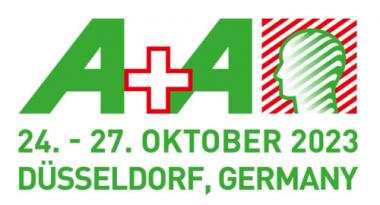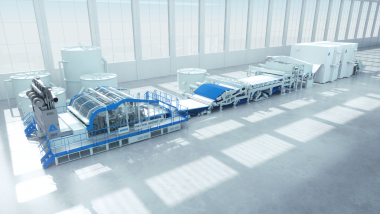ANDRITZ at CINTE 2022 in China
International technology group ANDRITZ will be presenting its nonwovens production solutions at CINTE 2022 in Shanghai, China – one of the main trade fairs for technical textile and nonwoven products in Asia. ANDRITZ will show its product portfolio covering state-of-the-art nonwovens and textile production technologies such as air-through bonding, airlay, needlepunch, spunlace, spunbond, wetlaid/WetlaceTM, converting, textile finishing, recycling, and natural fiber processing.
ANDRITZ supports nonwovens producers in the move to sustainability with the aim of reducing or eliminating plastic components while maintaining the high quality of the desired product properties. This applies to all types of sustainable wipes, such as flushable, biodegradable, bio-sourced, carded pulp or standard carded wipes. The latest development in this field is the ANDRITZ neXline wetlace CP line, which integrates the carded-pulp (CP) process. This is a fully engineered production line combining the benefits of drylaid and wetlaid technologies to produce a new generation of biodegradable wipes.
The neXline wetlaid aXcess targets smaller and medium production volumes and has been devised for new and existing lines. The line is easy and fast to ship due to the compact design, which also fits perfectly into containers. An operator-friendly configuration and versatile design ensure efficient production at affordable investment costs.
The aXcess range was specially developed at ANDRITZ (China) Ltd. Wuxi Branch to handle medium capacities. The facility in Wuxi has an experienced platform for production and service specially geared to serve the Asian nonwovens industry. With the aXcess range, ANDRITZ has developed a hybrid line combining European and Chinese machines, which is the ideal combination to obtain the best added value from each component in the line and be very flexible to accommodate different business cases.
Andritz

















